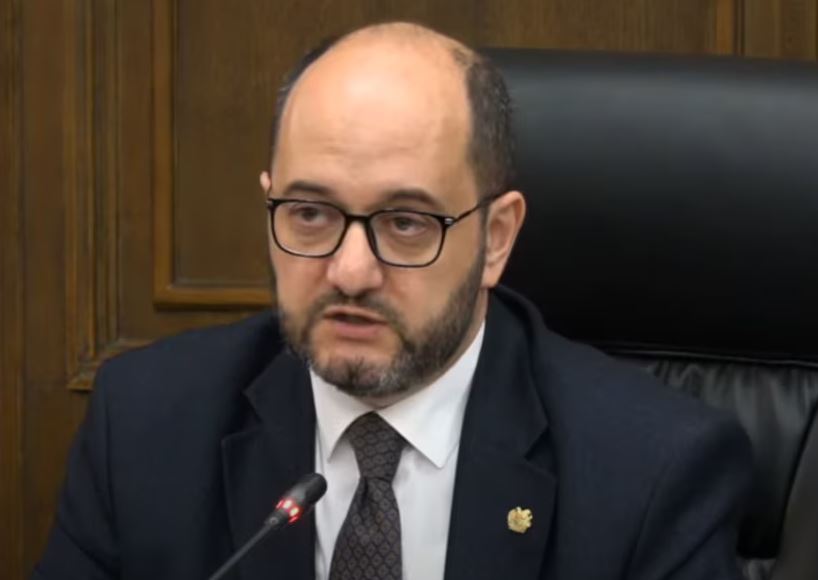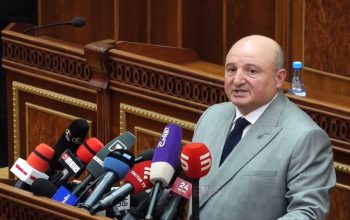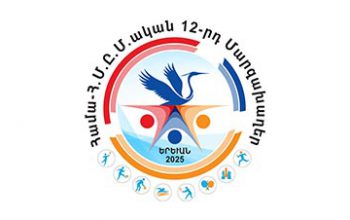Armenia is optimistic about resolving key issues in its draft peace treaty with Azerbaijan, according to Arayik Harutiunian, a senior official from Prime Minister Nikol Pashinyan’s office, who addressed parliament on Wednesday.
While refraining from detailing last week’s meeting between Armenia’s and Azerbaijan’s leaders, Harutiunian described such encounters as positive steps for dialogue. “We aim for these processes, and the signing of a peace agreement, to become reality soon. I believe these contacts are beneficial,” he said.
Pashinyan has advocated signing a treaty based on the points both nations have already agreed upon, which he estimates cover approximately 80% of the draft terms, suggesting the remaining points could be resolved later. Azerbaijan, however, dismissed this proposal.
Armenia’s opposition interpreted Harutiunian’s statement as another “concession” to Azerbaijan. Anna Grigorian, a parliament member from the opposition Hayastan faction, argued that the unresolved points carry significant risks for Armenia. “This government’s approach is again a concession,” Grigorian said. “A peace agreement only works when it is grounded in balanced compromises, not unilateral concessions.”
The peace negotiations follow the 2020 Nagorno-Karabakh conflict, which saw Azerbaijan reclaim most of the region. Azerbaijan consolidated its control in 2023, leading to the exodus of over 100,000 ethnic Armenians to Armenia.
Recent optimism for a peace treaty rose after Pashinyan met Azerbaijani President Ilham Aliyev in Kazan at the BRICS summit hosted by Russia. Though few details of the October 24 meeting were disclosed, a source close to Pashinyan suggested some “tangible results” might have been achieved. Pashinyan and Armenian Foreign Minister Ararat Mirzoyan informed political allies that some progress was made on disputed points in the draft treaty.
No specifics have been publicly revealed, but pro-government lawmaker Hovik Aghazarian confirmed that issues around unblocking regional transportation routes, including cargo transit restoration, were addressed in Kazan.
The reopening of rail links was a focal point in 2021-22 negotiations mediated by European Council President Charles Michel, resulting in a mutual agreement that customs control should be reciprocal. Armenia’s government estimated the railway’s construction costs at $200 million but sought formal agreements before initiating the project, which stalled progress.
Meanwhile, Azerbaijan has continued advocating for the Zangezur Corridor to connect its mainland with the exclave of Nakhichevan. Armenia, while supporting open regional transit, opposes any extraterritorial implications for a route through its Syunik province and rejects Russian oversight of such a passage.




